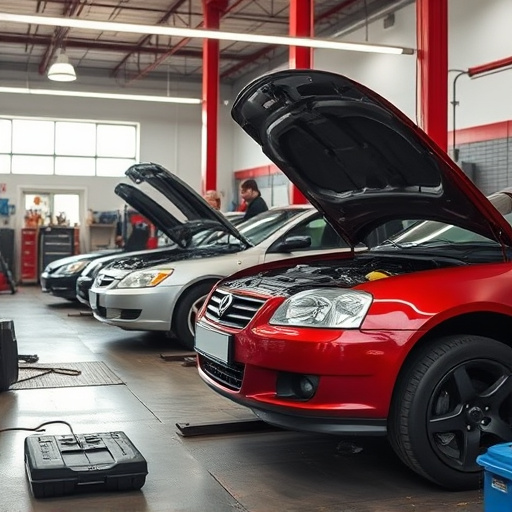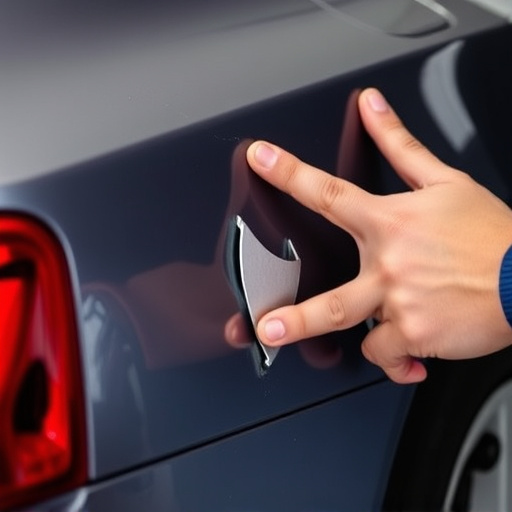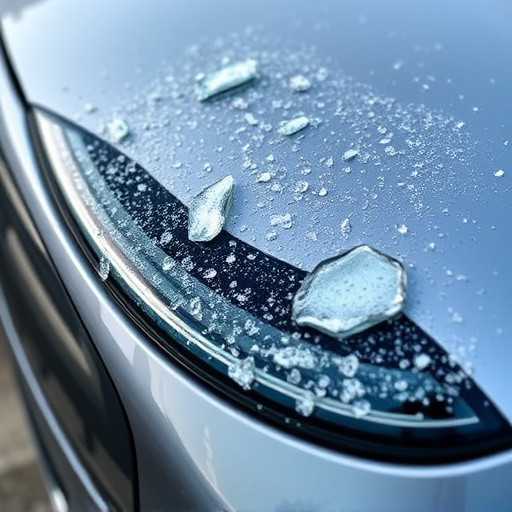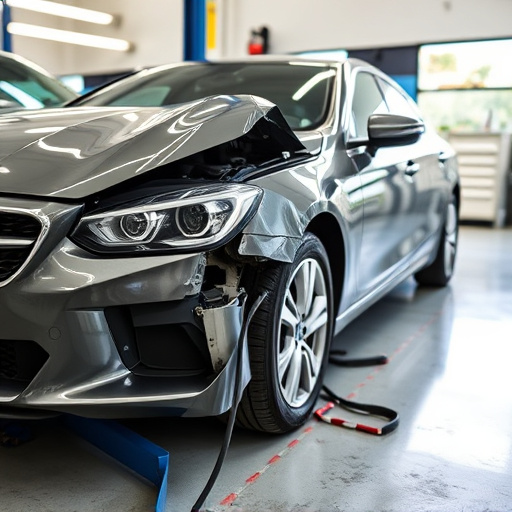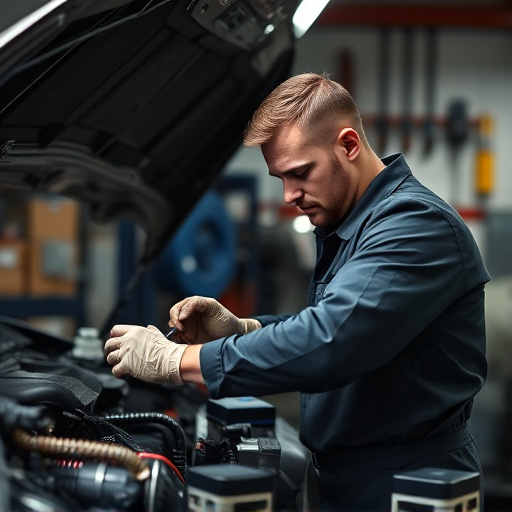Modern repair shops offer after-hours drop-off services for convenience and flexibility, ideal for minor repairs like car scratch fixing or paint restoration. A Mobile Repair Service Coordination System streamlines operations, enhances customer satisfaction, and fosters loyalty through efficient management of appointments, real-time tracking, and transparent pricing. Key strategies include dedicated processes, clear communication, technology integration, and providing mobile repair options to cater to busy schedules and limited mobility.
In today’s fast-paced world, customers demand convenience in every aspect of their lives, including vehicle repairs. Implementing after-hours drop-off services and mobile repair coordination can significantly enhance customer satisfaction. This article explores the benefits and best practices for managing after-hours drops, ensuring efficient repairs and exceptional customer experiences. From understanding customer needs to optimizing workflows, discover how these strategies revolutionize traditional repair shop operations, catering to modern expectations.
- Understanding After-Hours Drop-Off Services for Repair Shops
- The Benefits of Implementing a Mobile Repair Service Coordination System
- Best Practices for Seamless After-Hour Repairs and Customer Experience
Understanding After-Hours Drop-Off Services for Repair Shops
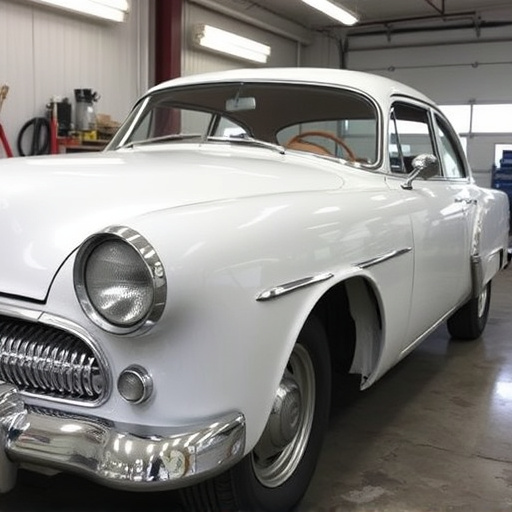
Many modern repair shops offer an after-hours drop-off service, recognizing that customers often have busy schedules and may not be able to visit during regular business hours. This convenience is particularly valuable for those with demanding careers or family responsibilities. After-hours drop-offs allow clients to simply leave their vehicles with the necessary paperwork and pick them up later, at a time that suits them best.
This service is especially useful for minor repairs, such as car scratch repair or vehicle paint restoration. It streamlines the process, ensuring that even busy individuals can maintain their cars’ aesthetics and performance without significant disruption to their routines. Efficient coordination of after-hours drop-offs contributes to a positive customer experience, fostering satisfaction and loyalty among clients who rely on timely and flexible vehicle repair solutions.
The Benefits of Implementing a Mobile Repair Service Coordination System

Implementing a Mobile Repair Service Coordination System offers a multitude of benefits for both businesses and their customers. One of the most significant advantages is the convenience it provides, especially for after-hours drop-offs. Customers can now avail of car repair services without having to visit a vehicle body shop during their work or personal commitments. This flexibility is particularly valuable in today’s fast-paced world where time is a precious commodity.
Furthermore, this system streamlines operations by efficiently managing appointments and service requests. It allows for real-time tracking of vehicles, ensuring timely pick-up and delivery, even after regular business hours. Such coordination enhances customer satisfaction and loyalty, as evidenced by the convenience and responsiveness it offers. Moreover, it can help automotive repair services maintain a competitive edge in the market by providing an exceptional level of service.
Best Practices for Seamless After-Hour Repairs and Customer Experience
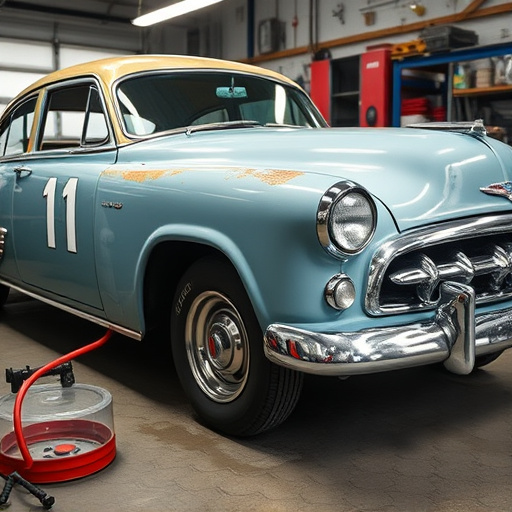
When it comes to after-hours drop-off and mobile repair services, best practices focus on convenience, communication, and customer satisfaction. To ensure seamless repairs, businesses should offer dedicated after-hours processes for dropping off and picking up vehicles. This includes providing clear instructions and easy access points for customers who need to arrange repairs outside regular operating hours. Efficient coordination involves using technology to manage appointments, track vehicle status, and keep customers informed throughout the repair process.
A positive customer experience is paramount. Friendly and professional staff should be available to handle after-hours drop-offs, ensuring a smooth transition from regular business operations to emergency repairs. Offering transparent pricing and timely updates on repair progress builds trust. Moreover, implementing mobile repair services further enhances convenience by bringing auto body repairs directly to customers’ locations, saving them time and effort, especially for those with busy schedules or limited mobility.
In conclusion, integrating efficient after-hours drop-off and mobile repair service coordination strategies is a game-changer for repair shops. By understanding customer needs, leveraging technology, and adopting best practices, shops can significantly enhance their operational flexibility, improve customer satisfaction, and ensure a seamless experience even outside regular business hours. This approach not only attracts and retains customers but also positions repair shops as modern, progressive, and customer-centric businesses in today’s competitive market.



